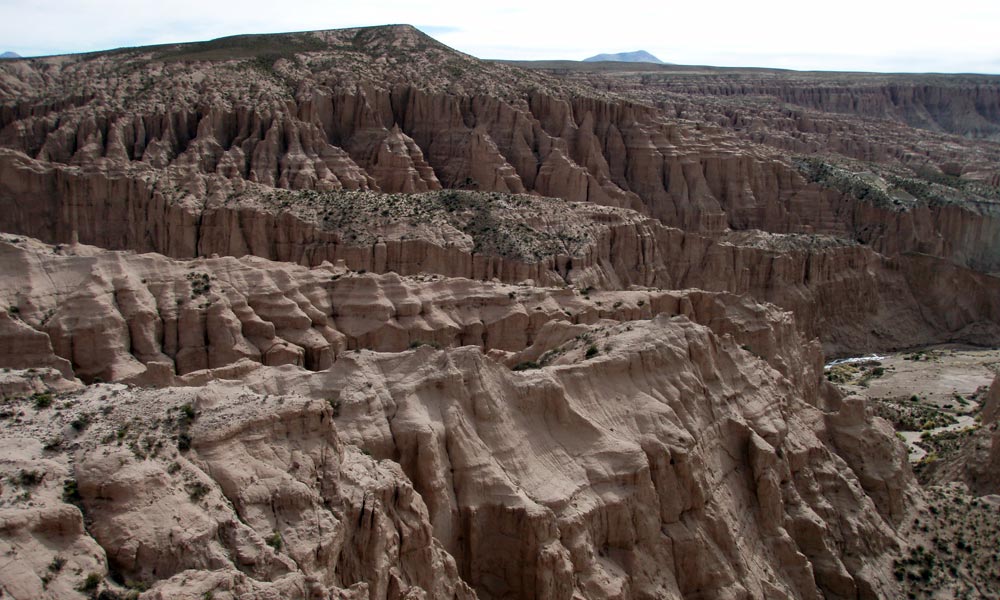
Andes mountains formed by ‘growth spurts’
Scientists have long been trying to understand how the Andes and other broad, high-elevation mountain ranges were formed. New research by Carmala Garzione, professor of earth and environmental sciences, provides an explanation.

CompSci students help singers voice their vowels
Voice students who want to perfect their vowel vocalizations can get help from a new simple, free application, developed by a group of computer science students, called “Vowel Shapes.”
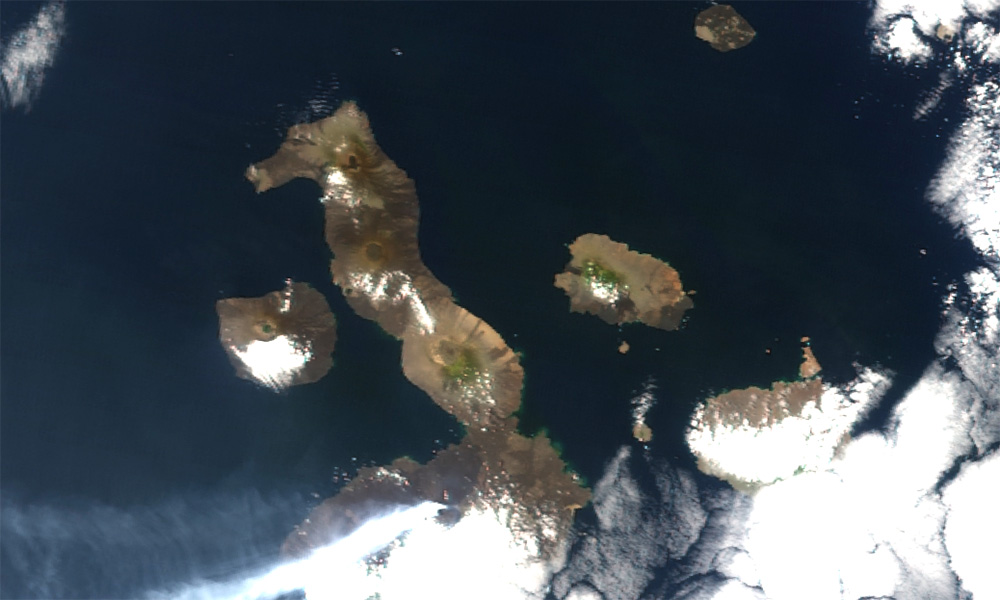
First 3-D image of structure below Sierra Negra volcano created
Home to some of the most active volcanoes in the world, researchers now have a better picture of the subterranean plumbing system that feeds the Galápagos volcanoes.
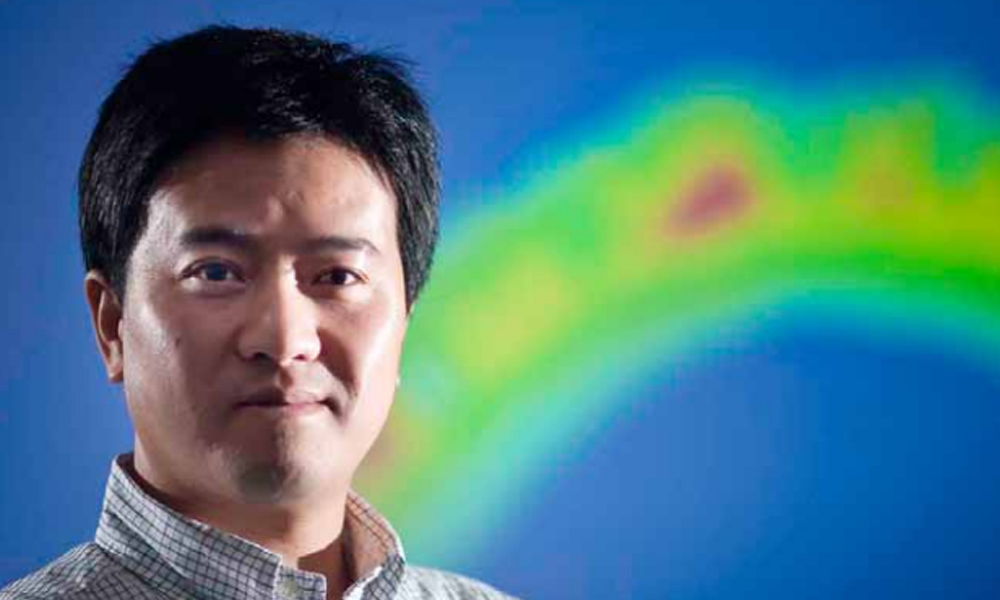
Scientist named American Physical Society Fellow
Suxing Hu, senior scientist in the Laboratory for Laser Energetics (LLE)’s theory division, is recognized for his work in attosecond physics.
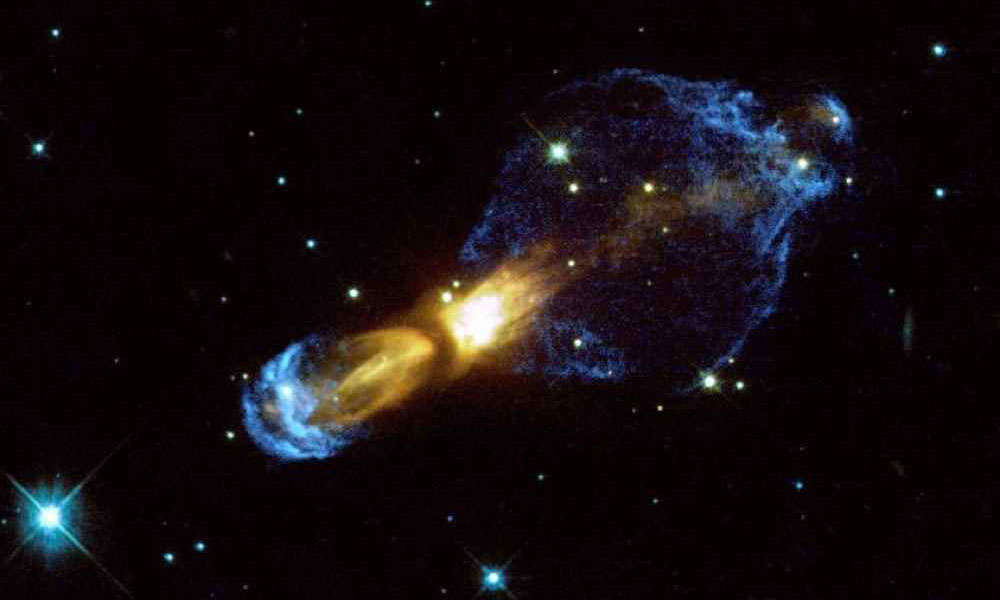
How stellar death can lead to twin celestial jets
How do spherical stars evolve to produce highly aspherical planetary nebulae? A Rochester professor and his undergraduate student have a new theory as to why.

Teen makes semi-finals in Intel competition
Yifan Kong worked on her experiment at the University’s Laboratory for Laser Energetics (LLE).

Peeking into Schrödinger’s box
How do you measure a 27-dimensional quantum state, when the act of measuring can lead to its collapse? (photo by Flickr user Martin Cathrae)
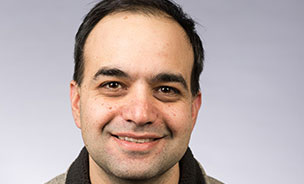
Biologist honored with NSF award
Sina Ghaemmaghami has been recognized for “exemplifying the role” of teacher-scholar.
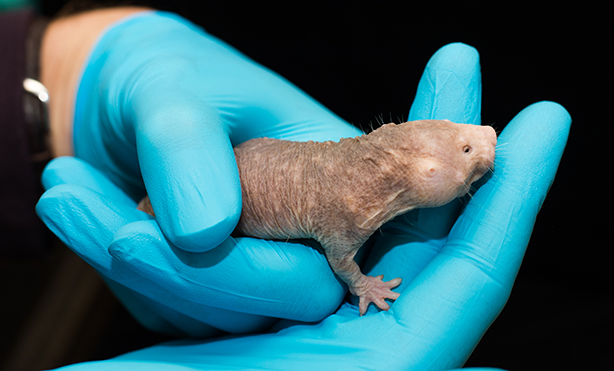
Vertebrate of the Year!
“Here at the University, the naked mole rat seems like it has been the Vertebrate of the Year for several years,” said President Seligman.

Earn a Master’s in Photo Preservation
The University and George Eastman House is jointly offering a new master’s degree in Photographic Preservation and Collections Management (PPCM).
